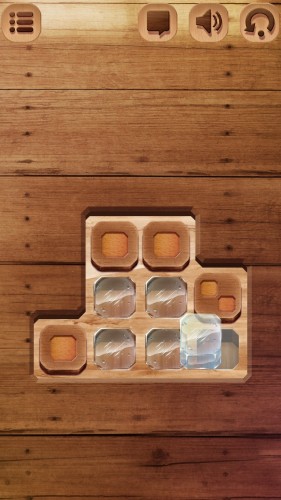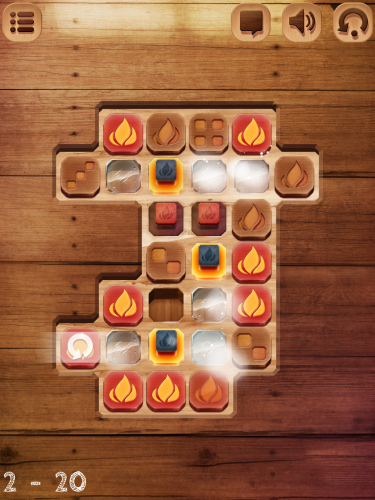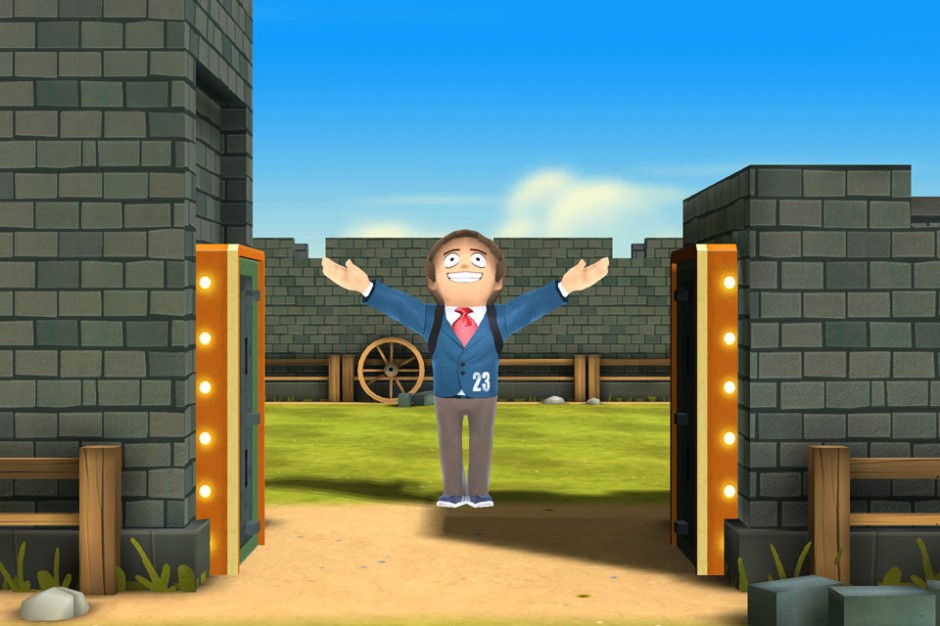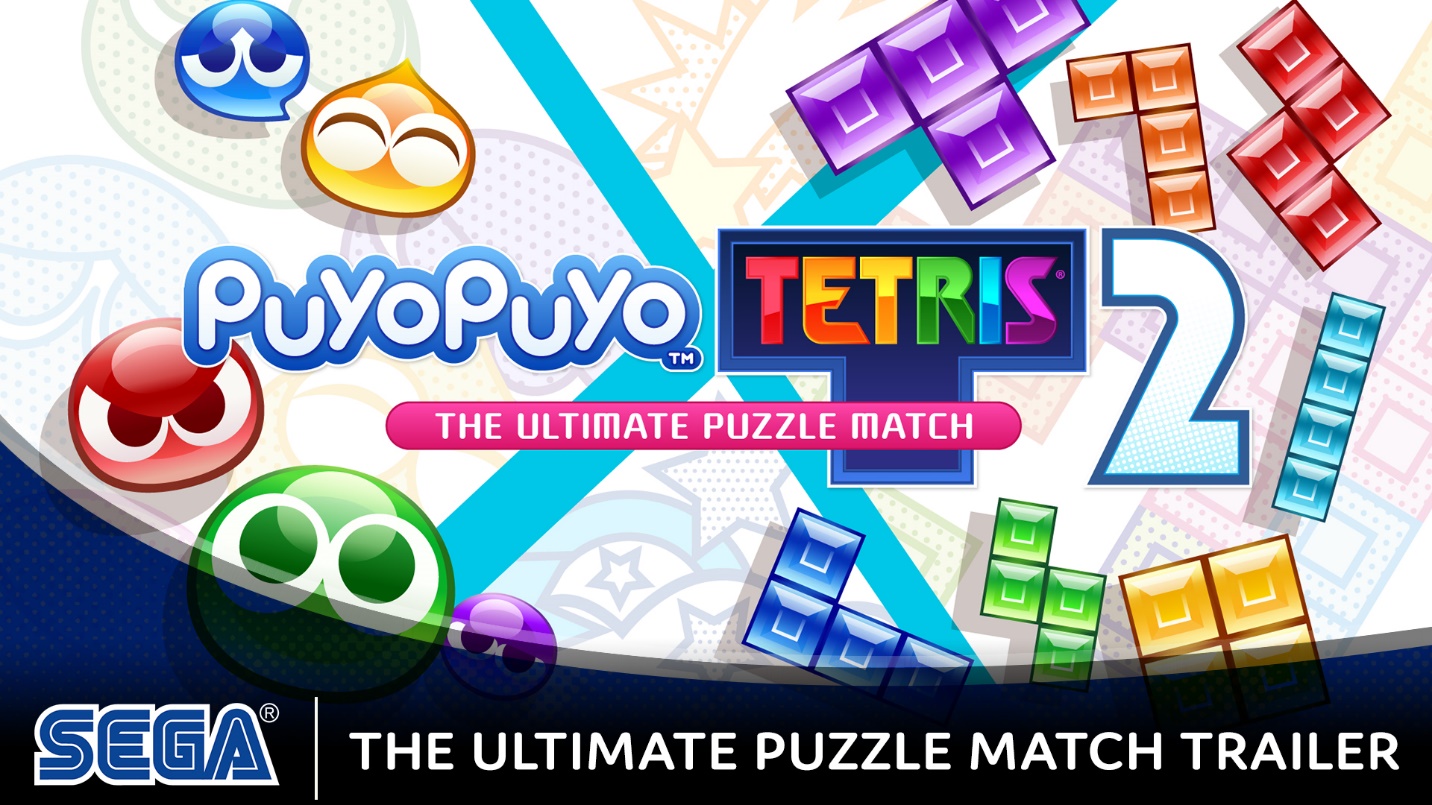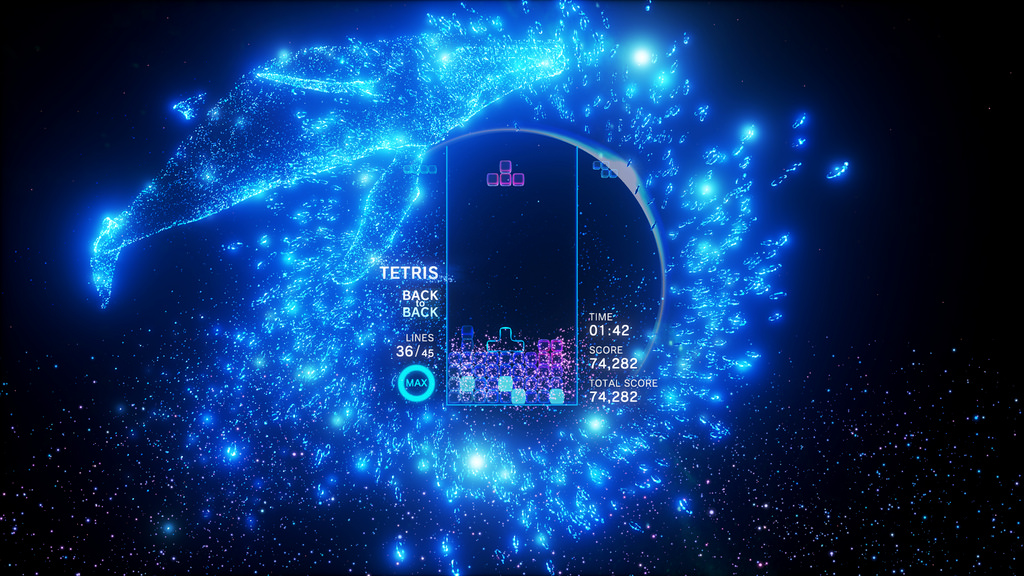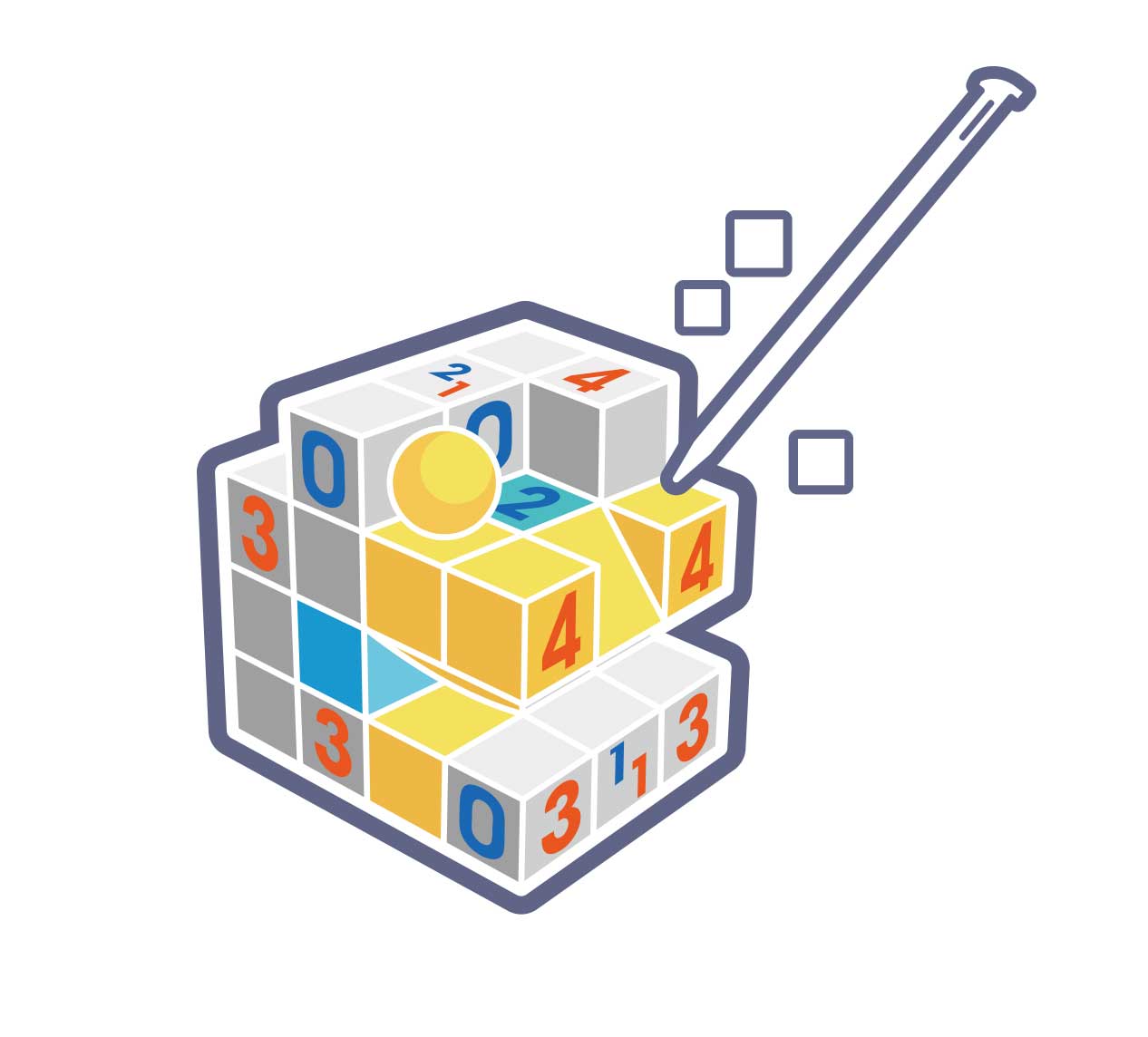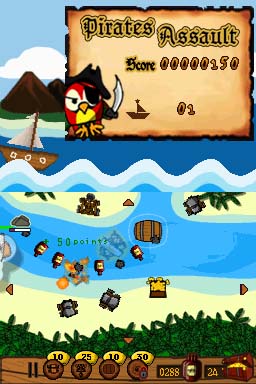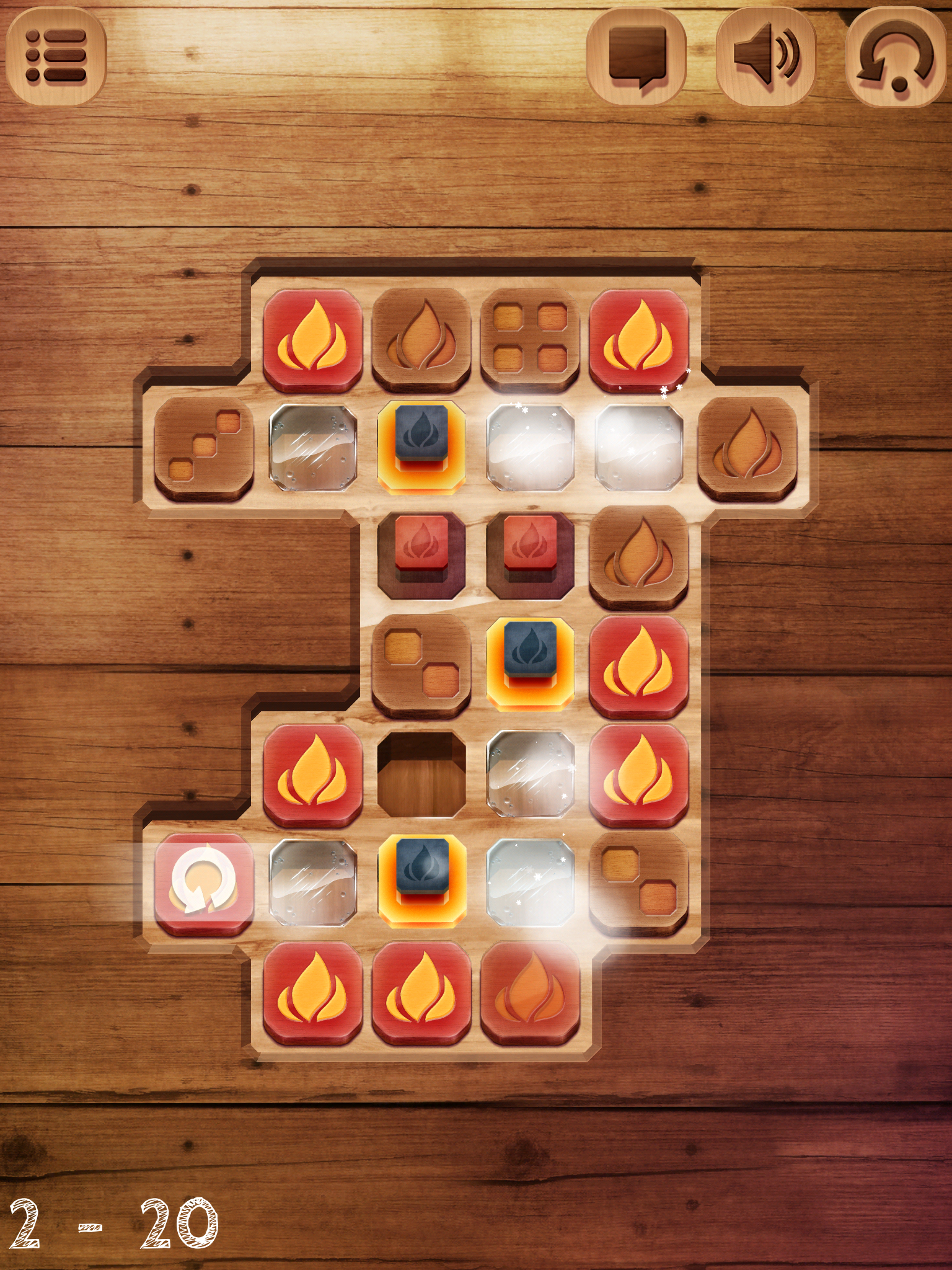
There’s nothing quite like slumping on the couch or lying in bed with your touch-enabled device on a cold, rainy day and delving into a good puzzle game, where the gap between failure and success is traversed not by fast reflexes, but by alacrity of mind. The best puzzle games, typified by genre pinnacle Tetris, are often the simplest in terms of concept and design, being both easy to learn but difficult to master. Puzzle Retreat, the latest iOS release from The Voxel Agents, the independent, Melbourne-based outfit behind the popular Train Conductor series, fits the bill quite nicely.
A serene, deceptively simple puzzler, the game’s best qualities are borne out in the minimalism of its design. There are no time restrictions, no scoreboards, and the game’s visual style never really changes. Instead, the focus here is on the task at hand: to solver any one of the game’s vast multitude of (initially-available) puzzles, players must slide blocks of ice around a grid (blocks can slide over the top of other blocks in the grid) to fill all the squares on any given board. Blocks initially (!) move in a single direction of the player’s choosing, falling into the first open slot on the grid. Simple, huh? The first few puzzles, clearly designed to introduce the game’s core concepts, certainly are. But within a dozen or so puzzles, The Voxel Agents demonstrate their willingness to complicate matters, introducing new blocks with divergent properties, such as tiles that issue forth multiple blocks of ice, arrows that can be positioned on the grid so as to change the direction of a block, and even fiery blocks that melt other icy blocks. While these elements cause Puzzle Retreat to become difficult rather quickly, The Voxel Agents have done a good job of minimising frustration and penalty by incorporating an ‘undo’ feature which reverses a player’s moves to allow them to take another crack and experiment. Given that most (if not all) puzzles appear to have only a single available solution, I found this to be a very prudent inclusion. Still, with a bit of experimentation mixed with careful planning, most players of intermediate skill will, with enough time, be able to progress. For those who become truly stuck, an in-game discussion board for each puzzle is available to allow players to share tips and solutions. It’s not a proper replacement for a hint system, which would have been a nice option, but it’s a clever idea nonetheless.
If you play Puzzle Retreat on the iPad, like I did, you will likely appreciate the game’s clean, sparse visual design, which eschews fizzbang special effects and gaudy theatrics in favour of gentle, soothing earth tones. In fact, most of the game adopts a wood-motif, as if it was the digital incarnation of some long-forgotten childhood toy. Too look at, t’s a pleasant, but unremarkable game, that values purity and simplicity over excitement.
With an initial batch of 96 puzzles available (with additional packs available at $0.99 each), Puzzle Retreat will last a good long while, especially so given the intense difficulty of some later puzzles. It’s one of those games that most players will pick up in fits and starts, minor bursts of addiction and frustration that will see the game set aside and untouched for a few days until the mind refreshes and a particularly dastardly puzzle might be attempted anew. Puzzle Retreat is not a genre classic, but it’s rock-solid in every way that matters and is worth a look for anyone who enjoys, as I do, the satisfaction of a devious challenge overcome.
Clean, Simple Presentation | Simple to Learn, Hard to Master | Clever 'Undo' Feature Alleviates Aggravation
Difficulty Ramps Up Quickly | Some Frustratingly Exact Puzzle Solutions | A Relatively Bare-Bones Package

